OUR SERVICES
OUR SERVICES
Wellness & Preventive Care
An exam is one of the most important tools in the care of your pet. During an exam a comprehensive history will be taken, including any questions you have. Your pet will be weighed and examined from nose to tail. The veterinarian will go over the exam and discuss any findings. If vaccinations or blood work is due they can be done at that time.
Your pet will have different wellness and preventative needs based on their stage of life.
- Puppies and kittens will need to be seen several times to monitor their growth, administer vaccinations, and discuss training and long term needs.
- Adult animals usually have one wellness visit a year for an exam and any needed vaccinations and bloodwork.
- Senior animals may need to come in more often to monitor weight and chronic health conditions.
Diagnostics
A physical exam is not always enough to tell the whole picture of your pet’s health or why a pet isn’t feeling well. For that reason we are equipped with in house diagnostic equipment that will help us get results quickly when your pet is sick. Our bloodwork analyzers give us information about how the internal organs are functioning. We have digital radiography to help us evaluate bones, lungs, and abdominal organs. Telemedicine allows those radiographs to be reviewed by a specialist if needed. In house ultrasound aids in emergency diagnostic testing. For more advanced ultrasounds we can schedule an appointment with an ultrasonographer who travels to our hospital.
Surgery
Most cats and dogs will undergo a surgical procedure during their lives. We understand that this can be stressful for both the pet and their family. Before the procedure we welcome any questions you may have and will discuss what to expect post-operatively. Anti-anxiety medications can be given at home to help your pet be more relaxed when they arrive that morning. Your pet’s safety and health are our top priority. Any pre-operative diagnostics will be done prior to or the morning of the procedure. During and after their surgery they will be closely monitored by a trained veterinary technician. Pain medication will be administered before and after the surgery to minimize any discomfort associated with the procedure.
We perform routine surgeries such as spays and neuters, mass removals, and laceration repairs as well as some abdominal surgeries such as bladder stone removals. For orthopedic and complicated soft tissue surgeries we coordinate care with referral hospitals such as PEAK and BEVS.
Dentistry
Good dental care is an important part of your pet’s health. During a physical exam your pet’s mouth is examined to determine if a dental cleaning or more extensive dental work is recommended. If so, an appointment can be scheduled for that. A dental cleaning is done under general anesthesia so that the teeth can be fully evaluated (you can’t really see the inner surface of all teeth in an awake pet). During that time radiographs are taken to examine the half of each tooth that is hidden beneath the gums. The teeth are cleaned and polished. Each tooth is examined and probed to be sure it is healthy. If a tooth is unhealthy it can be extracted at that time. Your pet is closely monitored by a veterinary technician throughout the entire procedure and will receive appropriate pain medications.
Urgent & Emergency Care
We will do our very best to accommodate sick and emergency cases. Please call right away if you have a concern or emergency. If our schedule does not allow us to give the attention and care that your pet needs we will refer you to one of the emergency hospitals in our region.
What is considered a pet emergency?
In most cases, the following conditions are too risky to wait before seeking treatment:
- Injury from a traumatic accident or from an attack by another animal
- Prolonged diarrhea or vomiting that contains blood
- Collapse or loss of consciousness
- Difficulty breathing
- Swollen and or painful abdomen
- Disorientation
- Seizures
- Foaming at the mouth
- Swallowing a foreign object
- Ingestion of a toxic object including grapes, sugarless gum, marijuana, chocolate
- Difficulty urinating
Designed by Northeast Kingdom Online. | Powered by NEKO|360.

